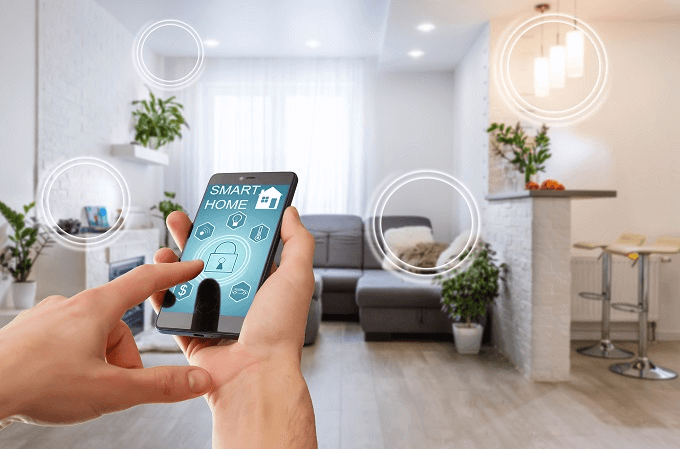The concept of smart lighting has revolutionized the way we illuminate our homes and workplaces. Paired with the understanding of the circadian rhythm, it brings about a holistic approach to enhancing our daily lives. But how do these two elements intertwine to benefit homeowners and businesses alike?

What is Smart Lighting?
Smart lighting refers to lighting technology designed for energy efficiency, convenience, and security. This can include automated lights, scheduled lighting systems, and voice-activated bulbs that adapt to your needs. For homeowners, smart lighting offers the capacity to control home ambiance from their smartphones or through voice commands, making it an integral part of any modern smart home setup. For businesses, it can mean substantial energy savings and improved employee productivity.
The Science Behind Circadian Rhythm
The circadian rhythm is essentially the body's internal clock, regulating sleep-wake cycles and other physiological processes. Exposure to natural light significantly influences it. If you've ever felt groggy after a night with little sleep or found it difficult to adjust to a different time zone, you've experienced your circadian rhythm in action.
When your environment is in sync with your circadian rhythm, it can lead to improved sleep, mood, and overall health. Conversely, disruptions in this rhythm can lead to sleep disorders, mood swings, and decreased productivity.
How Smart Lighting Supports Circadian Rhythm
Smart lighting systems can mimic natural daylight patterns, helping align your indoor environment with your natural circadian rhythm. For example, smart bulbs can gradually increase in brightness to simulate a sunrise, helping you wake up more naturally. Throughout the day, they can adjust to mimic the natural progression of sunlight, reducing blue light exposure in the evening to promote better sleep.
Advantages for Homeowners
For homeowners, integrating smart lighting with circadian rhythm offers numerous benefits. Not only does it create a comfortable living environment, but it also promotes healthier sleep patterns. Moreover, it can enhance security with features such as motion sensors and remote control, giving you peace of mind whether you're at home or away.
Benefits for Businesses
Integrating smart lighting in workplaces can lead to increased productivity and employee well-being. Studies have shown that employees working in environments with optimized lighting conditions aligned with circadian rhythms experience less fatigue and enhanced mood, leading to better performance. Furthermore, energy-efficient smart lighting systems can significantly reduce operational costs.
For more insights on how smart devices can influence workspaces, you can explore our article on smart desk setups.
Choosing the Right Smart Lighting System
When choosing a smart lighting system, consider factors such as compatibility with your existing smart home devices, control options, and installation requirements. Many systems offer easy integration with popular smart home ecosystems, making them versatile and user-friendly.
To make the most of your smart lighting, consider consulting guides such as this smart home buying guide which provides comprehensive insights into setting up an efficient smart home environment.
Future Trends in Smart Lighting
The future of smart lighting is promising, with advancements in technology continuing to evolve. We can expect more personalized lighting solutions that adapt to individual needs and preferences. Moreover, the integration of artificial intelligence will likely enhance the functionality and efficiency of these systems.
For homeowners and businesses looking to stay at the forefront of smart home innovations, keeping abreast of trends in smart home sustainability is crucial.

FAQs
How does smart lighting affect energy consumption?
Smart lighting reduces energy consumption by allowing precise control over light usage, reducing wastage, and utilizing energy-efficient LED bulbs.
Can smart lighting systems be integrated with other smart devices?
Yes, most smart lighting systems can be integrated with other smart home devices for a seamless experience, enhancing overall functionality and convenience.
Is smart lighting expensive to install?
While initial costs may be higher than traditional lighting, smart lighting systems can lead to long-term savings on energy bills and improved home security, making them a worthwhile investment.

